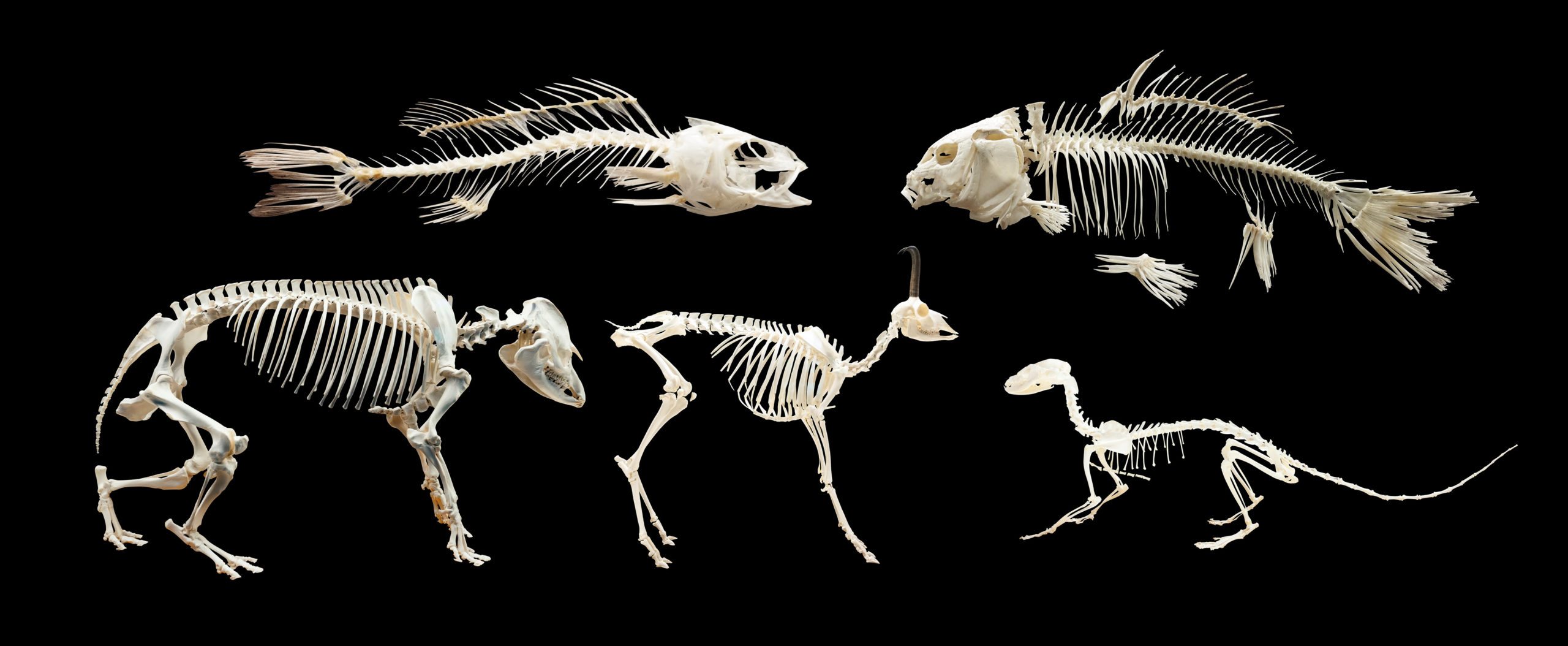Why Isn’t Cobb Co. School District’s Attorney Mounting More Vigorous Defense?
NOV. 9, 2004 – The actions of the Cobb Co. School District’s attorney Linwood Gunn are being publicly questioned by legal experts wondering why he is not mounting a more aggressive defense of his client. “The ACLU called a noted scientist to the stand during the first day of the trial, and the School District’s attorneys have decided not to Read More ›

